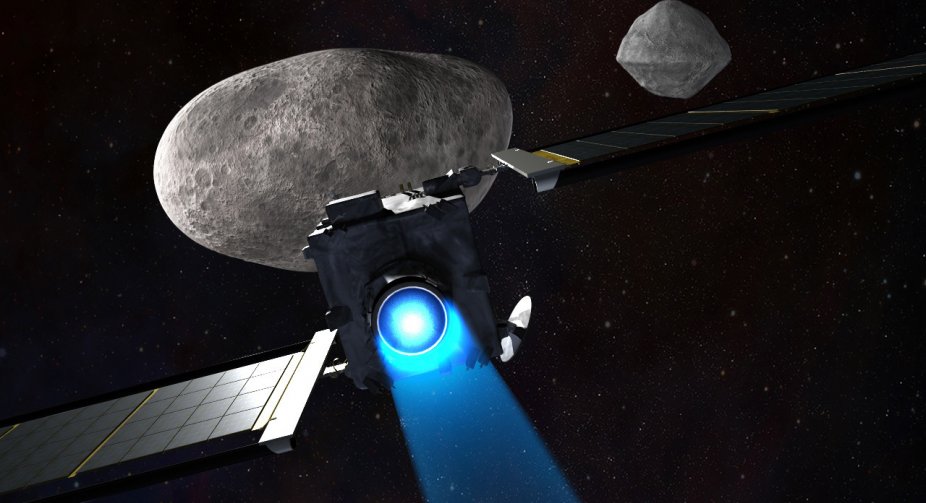An asteroid the size of a truck will fly close to Earth on Thursday, January 26, in one of the closest approaches to our planet ever recorded, the National Aeronautics and Space Administration (NASA) said, stressing that it poses no danger .
Asteroid 2023 BU, which was recently discovered by an amateur astronomer, will approach South America around 4:27 PM PST on Thursday, according to NASA.
It will pass only 3,600 km from the Earth's surface, which is much closer than many geostationary satellites orbiting the planet.
But there is no risk that the asteroid will collide with Earth, NASA said in a statement.
It was discovered from an observatory in Crimea by amateur astronomer Gennady Borisov, who had previously spotted the interstellar comet in 2019.
According to the US space agency, NASA's Scout collision risk assessment system quickly determined that the asteroid would not collide with Earth.
The asteroid will come so close that the trajectory around the Sun will change significantly.
The asteroid previously took 359 days to complete its orbit around the Sun, but after this close encounter with Earth, it will now take 425 days, NASA said.
